Nikole Hannah-Jones On Donald Trump Attacking ‘The 1619 Project’: “I Couldn’t Imagine A Greater Badge of Honor”
- Oops!Something went wrong.Please try again later.
- Oops!Something went wrong.Please try again later.
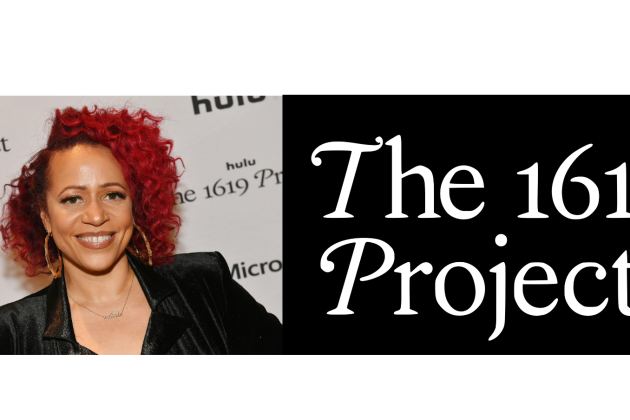
Four years ago this week, the New York Times published its momentous series The 1619 Project, a groundbreaking endeavor that sought to reframe our understanding of the foundational role Black people have played to build this country and perfect its democratic ideals. To say it touched a nerve doesn’t begin to describe the project’s profound impact on our culture and politics.
Created by journalist Nikole Hannah-Jones, The 1619 Project triggered a furious debate over critical race theory. In 2020, then-President Trump excoriated the series as “toxic propaganda” and signed an executive order to create a 1776 Commission that would promote “patriotic education.” The State of Florida banned teaching of The 1619 Project in classrooms.
More from Deadline
But for all the conservative voices raised in chorus against The 1619 Project, a legion of admirers has sung its praises. It went on to win the Pulitzer Prize, and earlier this year a six-part documentary adaptation of The 1619 Project premiered to acclaim on Hulu. The docuseries hosted and executive produced by Hannah-Jones is contending for three Emmys including Outstanding Documentary or Nonfiction Series. Among Hannah-Jones’s collaborators on the television production are Oprah Winfrey (EP), Oscar winner Roger Ross Williams (EP and director), and Shoshana Guy (EP, showrunner and director).
DEADLINE: What is your reaction to earning these prestigious Emmy nominations?
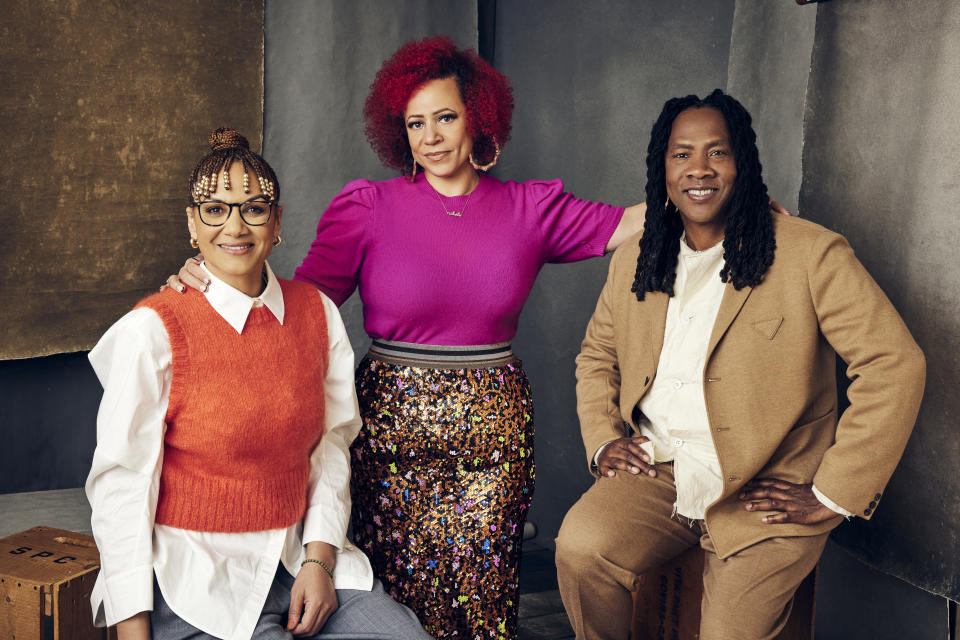
Shoshana Guy: It’s thrilling… so affirming to have this work recognized. The team just worked so hard, so it feels really good.
Nikole Hannah-Jones: For me it was almost astounding, I guess because I’m a print reporter, I didn’t ever consider being a contender for any type of television or film award. And as Shoshana said, we know how hard everyone worked on it and how much passion our entire production team brought to it. So, it feels really affirming and exciting and frankly the other people in the category are just amazing… I love The U.S. and the Holocaust documentary series, I love the Tupac documentary series [Dear Mama], so it’s just an honor to be in the field.
DEADLINE: The print version of The 1619 Project attracted so much vitriol. But how would you characterize the reaction to the documentary series?
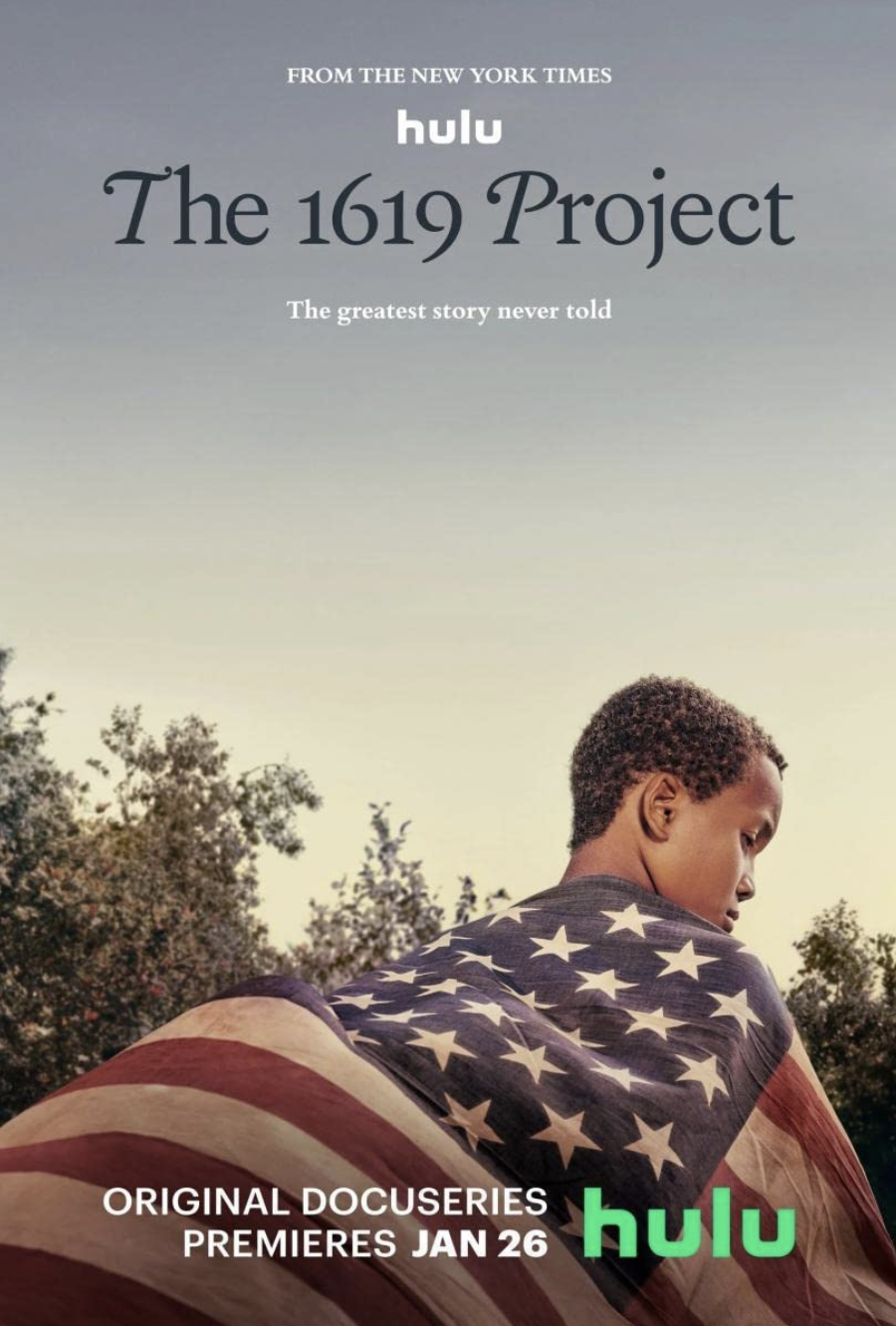
NHJ: Maybe it’s because I, at this point, weathered four years of attacks on the project, that surprisingly with the documentary series I’ve experienced an overwhelmingly positive response. I haven’t actually seen the same types of attacks that we saw in the print series. It’s just so cool because I will run into people who watched it with their kids and their kids have talked about it, which is different I think than the magazine version of it. People have just been really moved by it. I think the single thing I hear most often is people talk about MacArthur Cotton [a foot soldier in the 1960s Civil Rights Movement] retelling his story of torture in apartheid Mississippi. They talk about how deeply moved they were by the race episode and feeling seen. So, it’s been gratifyingly positive and really confirmed why we did a documentary in that it’s just clear we’re reaching different audiences and just reaching deeper into the population with this.
DEADLINE: Critical race theory has become a political lightning rod, nowhere more so than in Florida. The Florida Board of Education recently approved new standards for teaching African American history that include language saying, “Slaves developed skills which, in some instances, could be applied for their personal benefit.”
NHJ: To be clear, what we’re seeing in Florida, this overall backlash, it is a response to The 1619 Project. I mean, The 1619 Project is prohibited from being taught in Florida schools by the State Board of Education there. And when you look at this effort to really explicitly sanitize the history of slavery it is because of a pushback against The 1619 Project and so many of the texts it was based upon that are offering a counter narrative to the mythology of America.
The 1619 Project, which was created by actual scholars, is not sanctioned to be taught in Florida public schools… [Meanwhile], this PragerU video that is sanctioned to be taught in Florida has Frederick Douglass basically justifying slavery, saying, “Well, slavery is better than being dead,” and, “Our forefathers had to make this compromise over slavery, but it was a good thing.”
Ultimately, I think it really speaks to obviously why The 1619 Project exists in the first place, why it’s so important that we have this in as many formats as possible, because as children are finding their vision and understanding of America becoming more and more restricted in the classroom, we have to democratize other ways for them to get this important information. And it also clearly speaks to the power of storytelling and who gets to shape the narrative of our country, and how much fear is created when the same old people who have always been able to shape our understanding of America lose some of the monopoly on that power.
It’s really distressing to watch. I think it’s the antithesis of what education is supposed to do. Education is supposed to widen your understanding, broaden your understanding, and challenge you, not simply affirm your worldview. But luckily, we live in a world where you can’t keep the truth and this information from children, even if you have the power of the state.
SG: I just want to add to that to say as The 1619 Project continues to grow in its effort, it’s really become clear to me that it is in many ways resistance to what is occurring right now. The growth of it, the expansion of it, the span of it, I think really speaks to the necessity to resist what’s happening right now.
DEADLINE: Nikole, what was it like for you to experience The 1619 Project, when it came out initially in print, being attacked by the president of the United States, Donald Trump, who called it “toxic propaganda.”
NHJ: I would say I’ve had two very different responses. Part of it, of course, can be a bit frightening when the most powerful man in the world is targeting your work — and especially someone like Donald Trump who promotes violence, whose supporters can be openly racist. Everything you could possibly be called, I’ve been called. I’ve been threatened. You get a certain amount of response when he would tweet or his minions would tweet about the work. But on the other hand, it’s such an affirmation. This isn’t any president that’s attacking the work. This is a pretty openly white nationalist president whose views and actions are in opposition to everything that I stand for and this work stands for.
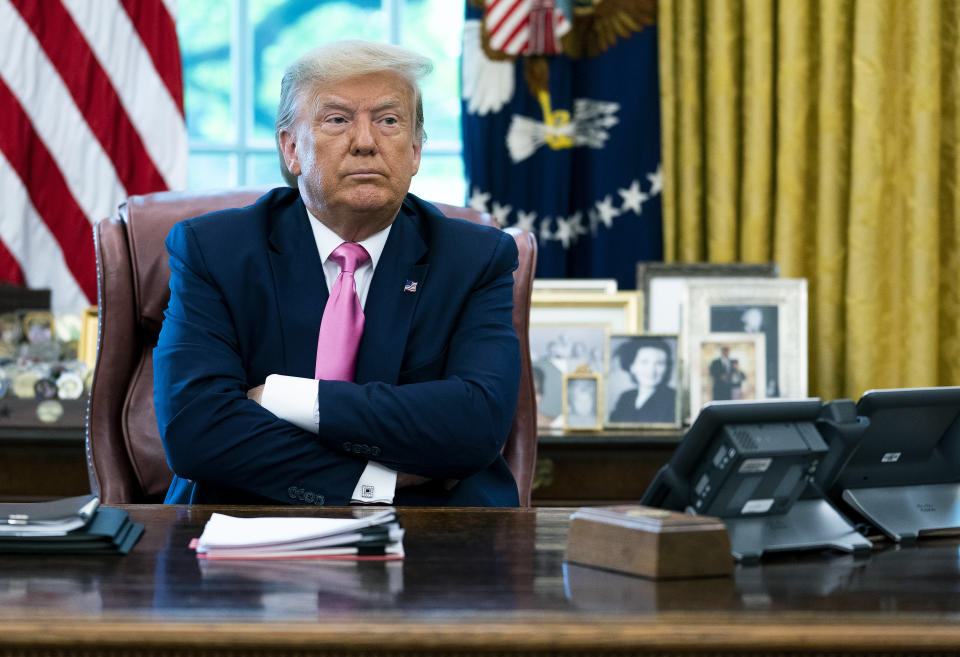
So, in some ways, I couldn’t imagine a greater badge of honor that someone in that position who has a million things that they should be working on, feels that this work is so dangerous to his agenda that he would need to constantly attack it… Certainly as a journalist, as someone who believes in free speech, who takes very seriously when the state tries to prohibit texts and speech simply because they don’t politically agree with it — I think that’s very dangerous. And I don’t want to downplay how dangerous of a moment I think we’re in, particularly with what’s happening in Florida, and if that’s going to be exported out to the broader America. I just saw Arkansas is banning AP African American history. We are in a dangerous time. But if your work is not having impact, powerful people don’t spend so much effort attacking it. They don’t attack insignificant work. So, I think for all of us on The 1619 Project documentary team, again, it just affirms why we did this and why we continue to push this work forward.
DEADLINE: One of the most profound insights to the series is that Black people – who have not been afforded the full benefits of our democracy – have consistently sacrificed the most to preserve and defend this form of government. As you wrote in the print version, Nikole, “Without the idealistic, strenuous and patriotic efforts of black Americans, our democracy today would most likely look very different — it might not be a democracy at all.”
NHJ: I would love Shoshana who worked really hard on that democracy episode — and that’s really telling that through Black women voting organizers in Georgia – do you want to talk a little about that?
SG: The thing that’s most inspiring for me and the thing I’ve heard resonate is that despite, over and over again, we meet these obstacles as Black people, we continue to have hope, we continue to remain inspired. Nikole asked Ms. Helen Butler [head of the Georgia Coalition for the People’s Agenda] in the documentary, “How can you just keep going out and asking people to continue to vote, to continue to come out when you know the results just really aren’t there for folks? And she’s like, “We don’t have an option. We have to keep pushing forward.” That, I think, has really punched through for the audiences that time and time again, despite what we’ve been up against, we continue to push for the betterment of the country — beyond ourselves… I think that that singularly punches through.
DEADLINE: What are your hopes for The 1619 Project going forward?
SG: I’m hoping we can use this as a tool to be taught in schools. I’m hoping to move it forward into education. I’m hoping for people to understand that we want justice as Black people, that justice has still not been served, and that we still have a lot of work to do.
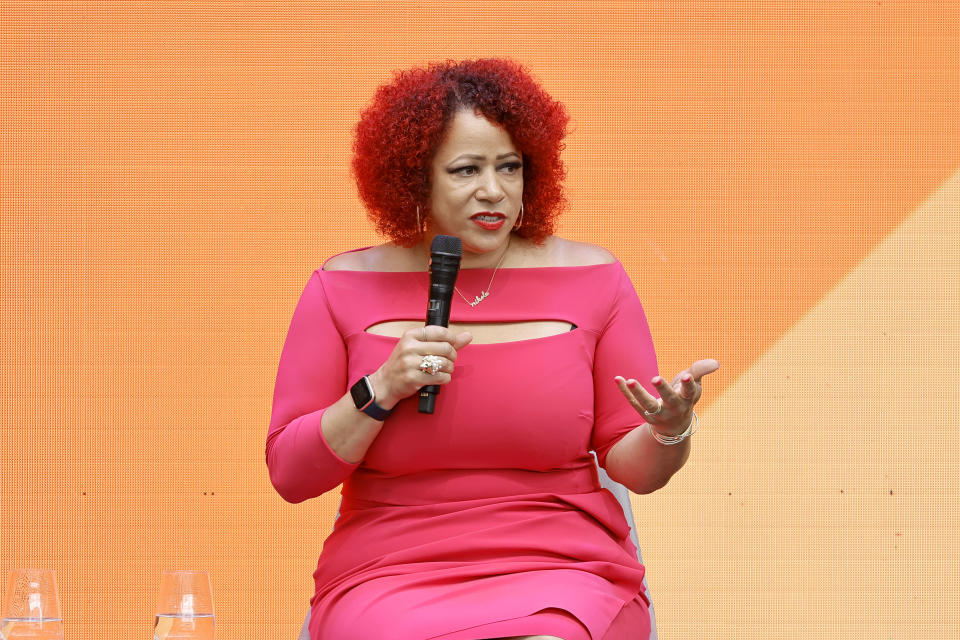
NHJ: My hope is — when you talk about even just the reframing of how we see the role of Black Americans in the democracy episode — that this documentary helps people to reexamine or really turn on its head the way we’ve been taught to think about Black Americans, which is as a troublesome presence, a problem to be solved, a people to be saved, versus the reality which is we’ve been the greatest freedom fighters this country has ever produced. And that our belief in a country that did not believe in us has expanded rights and liberties for all Americans, and we are the greatest democratizing force in the history of the United States. So how could we imagine a different world, a more just world, if we all had that understanding, which is tremendously powerful and patriotic — which is why it’s always amazing to me, people who say the project wants people to hate America. I’m like, you have not engaged with the project, because it is easy to love a country that treats you well. There’s nothing more patriotic than to love a country that is giving you hell the entire time you’ve been here and yet you say, “I believe our country can be better, and I’m willing to fight and die for that.” And that’s the role Black people have played and not gotten the credit for.
So, I hope that if you engage and actually watch the project, actually read the book, not base it on what someone has said about it but actually engage with it, I think you’ll be transformed and you’ll see that the story of Black people is the story of America, and that our fates really are intertwined and that there is a way forward to creating the country that we want, but we have to own up to the truth first. We have to repair the damage that’s been done, and we have to decide that we want to be the country of our highest ideals. So, I actually think The 1619 Project is tremendously inspiring and I hope that it will continue to shift our understanding of our country so we choose different policies and we create a better world.
Best of Deadline
SAG-AFTRA Interim Agreements: Full List Of Movies And TV Series
2023 Premiere Dates For New & Returning Series On Broadcast, Cable & Streaming
Sign up for Deadline's Newsletter. For the latest news, follow us on Facebook, Twitter, and Instagram.

